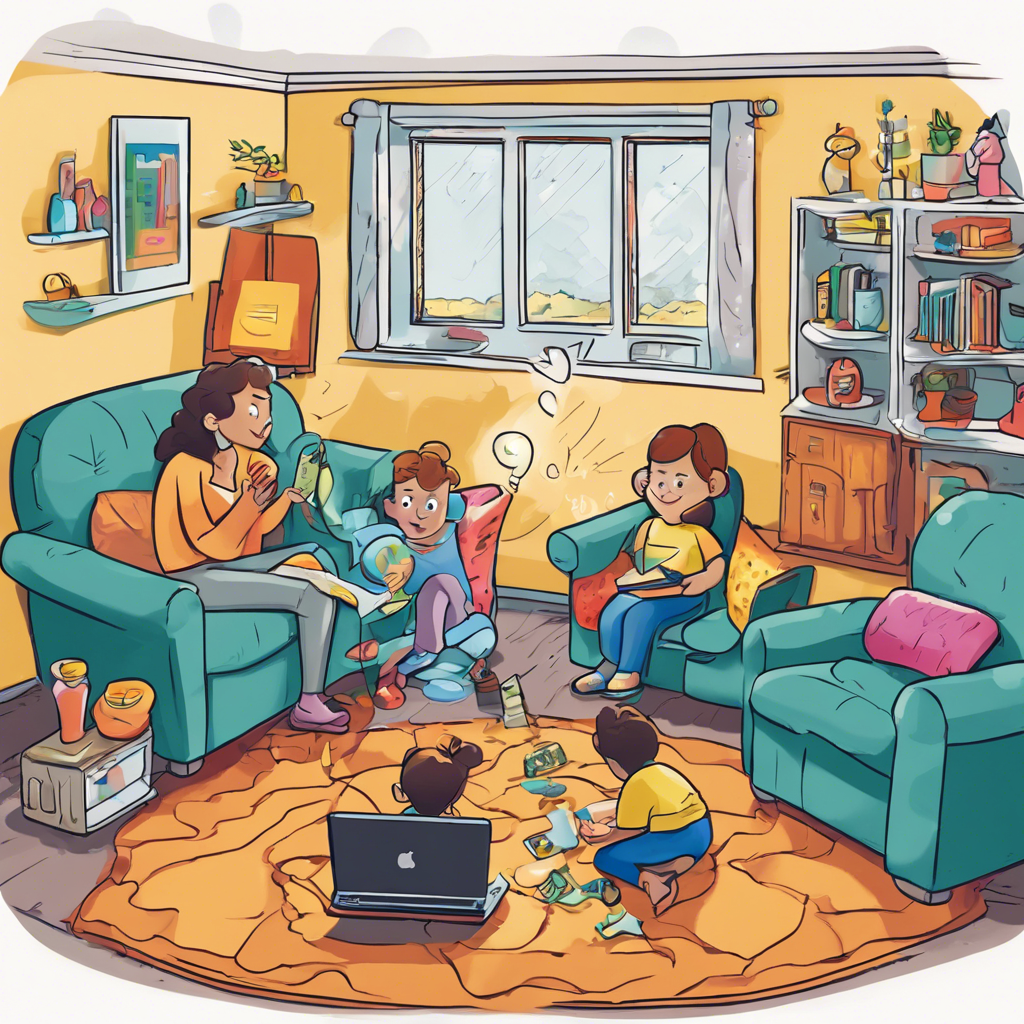How Do Character Traits And Motivations Shape Party Dynamics In Tabletop Role-playing Games?
Gathering question image...
Introduction
Character traits and motivations are essential components that significantly influence the dynamics of player parties in tabletop role-playing games (RPGs). These elements affect player interactions, decision-making processes, and the progression of the narrative, resulting in an engaging and immersive gaming experience.
Understanding Character Traits in RPGs
Character traits are the unique characteristics that shape how a character behaves and responds to various challenges in tabletop RPGs. These traits may vary widely, including qualities such as loyalty, bravery, cunning, and selfishness. In the context of an RPG, these character traits dictate player interactions and the choices made throughout the campaign. For example, a character described as 'charismatic' is likely to take the lead during social scenarios, thereby influencing other players' decisions and contributing to the overall strategy of the party.
- Traits like 'bravery' encourage characters to confront challenges actively.
- Traits like 'cunning' may lead to clever strategies and subterfuge.
The Importance of Character Motivations
Character motivations are the driving forces behind their actions and decisions within the game. These motivations can significantly influence the storyline and character development. For example, a character seeking revenge may prioritize personal goals over group objectives, creating tension and conflict among teammates. Such differences in motivations enrich the gameplay experience, fostering conflicts and alliances that highlight the significance of character backstories and evolution.
- A character longing for redemption may risk everything for the collective good.
- Conversely, greed-driven characters might incite distrust within the party.
The Interaction of Traits and Motivations in Party Dynamics
The relationship between character traits and motivations is what creates unique dynamics within a player party. When players have a thorough understanding of their characters, they can effectively utilize their strengths and weaknesses to elevate role-playing experiences. For instance, a party featuring diverse traits – such as a diplomatic bard alongside a tough fighter – can lead to exciting interactions and unexpected resolutions. Additionally, these dynamics often encourage character growth and the strengthening of interpersonal relationships throughout the campaign, ultimately resulting in richer storytelling.
- A balanced party enhances teamwork and offers strategic benefits.
- Conflicting motivations can lead to captivating role-play scenarios and unexpected plot developments.
Conclusion
In conclusion, character traits and motivations are vital in shaping the dynamics within tabletop RPG parties. By recognizing and embracing these elements, players can craft compelling narratives and foster meaningful interactions, thereby enhancing their overall gaming experience.
Expert Quote
Dr. Richard Bartle, Co-Creator of MUD and Renowned Game Design Theorist
Character motivations and traits not only dictate characters' actions but also significantly influence group dynamics, affecting cooperation, conflict, and the narrative richness of the game.
From Gaming to the Future: The World of RPGs (2016)
Relevant Links
What are questions you ask party members to help them build their ...
https://www.reddit.com/r/DMAcademy/comments/un7gv7/what_are_questions_you_ask_party_members_to_help/D&D Character Design: Meet Amra Norro
https://www.lemon8-app.com/@kittyjazzdraws/7340671545662308869?region=usMake your character complex, realistic, and three dimensional ...
https://www.reddit.com/r/rpg/comments/tk8tub/make_your_character_complex_realistic_and_three/Mastering D&D Character Creation: From Basics to 'What's My ...
https://www.bjarkethebard.com/blog/mastering-dnd-character-creation-guideHow would you describe yourself as a player? | Tabletop ...
https://forum.rpg.net/threads/how-would-you-describe-yourself-as-a-player.273970/Most popular questions

How Do The Personal Relationships Among Gods Affect Their Decisions In The Iliad?
The intricate relationships among the gods in Homer's epic poem 'The Iliad' play a crucial role in shaping their actions and decisions. These divine interactions create a complex web of fates, where each god's personal alliances and rivalries directly influence the events of the mortal world.

What Strategies Can Parents Use To Educate Their Children About Online Safety Beyond Privacy Settings?
In today's digital landscape, teaching children about online safety is essential for their protection and well-being. While privacy settings play a critical role, parents can implement various strategies to create a thorough understanding of online safety principles among their children.

What Are The Different Types Of Insulation Materials Commonly Used In Buildings, And How Do They Compare In Terms Of Thermal Resistance?
Insulation materials are vital for enhancing energy efficiency in residential and commercial buildings by minimizing heat transfer. Understanding the various insulation types can lead to better choices for thermal resistance and overall comfort.
Most recent questions

How Does Nostalgia Impact Audience Perception Of Remakes And Reboots In Film?
Nostalgia, a deeply-rooted emotion characterized by a sentimental longing for the past, significantly shapes how audiences perceive film remakes and reboots. This emotional connection is vital, influencing viewer expectations, enjoyment levels, and critical reception of these cinematic works, ultimately determining their success or failure in the competitive film industry.

How Do Cultural Representations In Video Games Affect Players' Perceptions Of Real-world Cultures?
Cultural representation in video games is crucial for shaping players' perceptions of various global cultures. Through engaging storytelling, rich character development, and immersive gameplay, video games enable players not just to entertain themselves but also to engage with cultural narratives that can either challenge stereotypes or enhance cultural awareness.

How Do Immersive Technologies Alter The Ways In Which Consumers Engage With Brands In Comparison To Conventional Marketing Strategies?
Immersive technologies, including virtual reality (VR) and augmented reality (AR), are significantly transforming consumer engagement strategies across various industries. These advanced technologies facilitate interactive environments, allowing consumers to engage with brands and products in dynamic ways that traditional marketing methods cannot achieve.